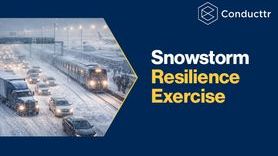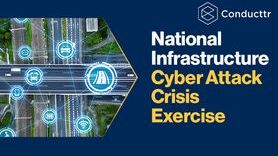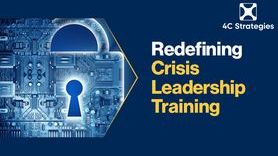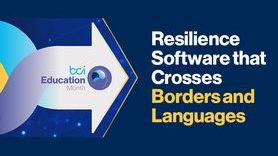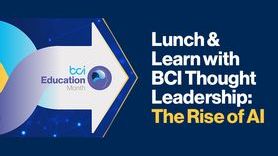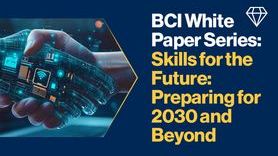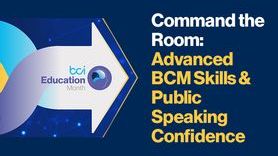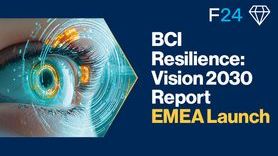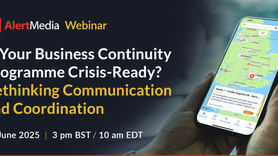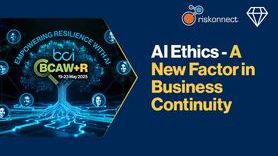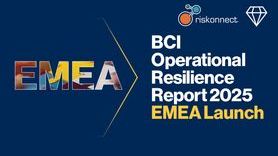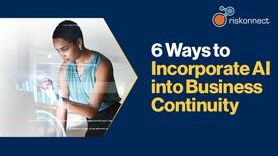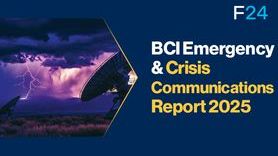The role of remote mentoring
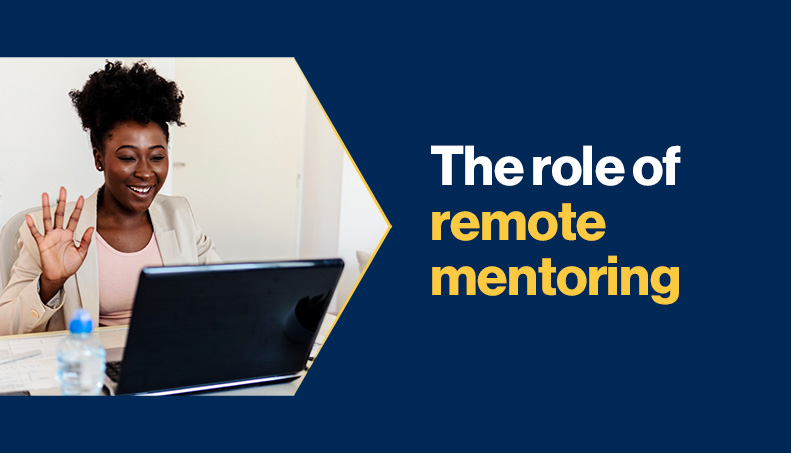
In this article series, we explore the value of mentoring for business continuity and resilience professionals, its role in the modern workplace, and new methods and practices. As such, this piece will explore how mentoring fits in with new hybrid or remote working practices.
In the BCI Continuity and Resilience Report 2023, nearly a third of respondents noted that “all staff” expect the flexibility to work from home some of the time, so hybrid and remote working environments are clearly here to stay. These changes to working practices were necessitated by the COVID-19 pandemic, and it is clear that they have brought many benefits as well as new challenges to the fore. Here, we look at how mentoring has adapted to these transformations and what strengths remote working has brought to mentoring programmes.
Finding the perfect match
One of the advantages of remote working has been the ability of organizations to attract and hire top talent, unrestricted by geographical location. For example, organizations have traditionally been restricted to jobseekers in their local pool. This geographical freedom is a similar situation now faced by mentees and mentors in the new remote working landscape.
Indeed, the best mentor for someone may not be located close to the mentee. Instead, a more appropriate fit might be in a different time zone and country altogether. While this relationship may have been more difficult to facilitate before the pandemic, now most professionals have a remote working set-up that allows for video or conferencing calls with those working in a completely different environment.
As noted in a previous article, establishing a mentoring relationship with someone in another country may have added benefits — particularly for those in business continuity and resilience. The mentor may be working under regulations or restrictions that could impact the mentee’s organization in the future, for example. The mentor could also be working in an environment where extreme weather events are more regular and can provide on-the-ground experience of these events that may not be available from someone working in a similar environment to the mentee.
However, it is also important that that the mentor has enough relatable experience to provide a satisfactory experience for the mentee, depending on their aims and objectives. Perhaps, though, even this isn’t a concern when the mentee and mentor have the option within a mentoring programme to self-select each other based on each other’s unique experience and goals. Expanding the geographical and logistical boundaries of how a mentoring relationship can be established will surely only widen and deepen the pool of resources available.
Accessibility
Mentoring programmes which utilise remote technology also improve the overall accessibility of the programmes. By removing barriers, such as transportation, workers, professionals and practitioners who would otherwise struggle to make time for mentoring can now include it as part of their schedule with much less impact. For example, a remote call with a mentee can take place at any time of day and need only take the time of the call itself. This does improve access to personnel with hectic and busy schedules, such as business continuity and resilience professionals, but may also increase engagement with those in leadership positions who may have otherwise not had the time to devote their time to mentoring.
One of the downsides of remote working has been a perceived decline in the informal mentoring which may have occurred during spontaneous conversations with colleagues in the workplace. Of course, the value of the conversations is not a measurable outcome, but losing an avenue for informal conversations and opportunities to share advice, perhaps even with leadership in the organization, is something that may need to be replaced. In this sense, a formal remote mentoring programme can provide an outlet for these conversations and is a valuable alternative to them simply no longer taking place.
Opportunities for collaboration
Alternatively, one of the benefits of remote working has been the increased application of new technologies. While the BC and resilience practitioner may consider the vulnerability that these technologies bring to an organization, technology also increases digital collaboration within the organization (through instant messages or project management software, for example). Within a remote mentoring programme, this software could allow the mentor and mentee additional opportunities to collaborate and share knowledge, perhaps even by working together on projects. For example, utilising each other’s experience to research and prepare presentations or research papers, etc.
In the next and final article in this series, we will explore the benefits of reverse mentoring.


